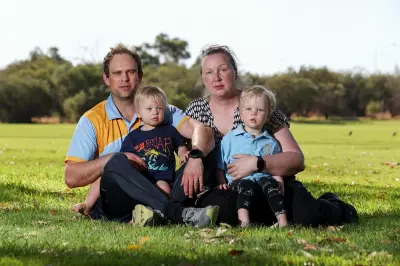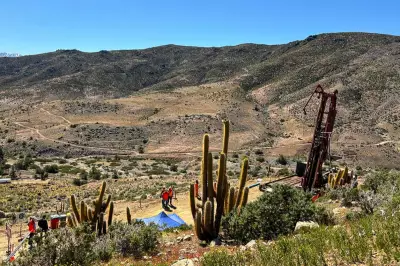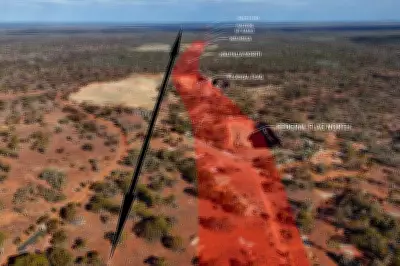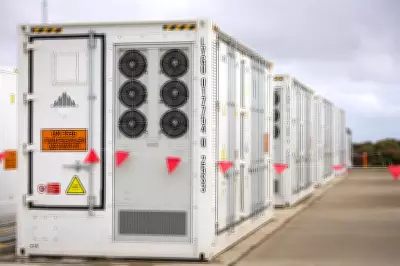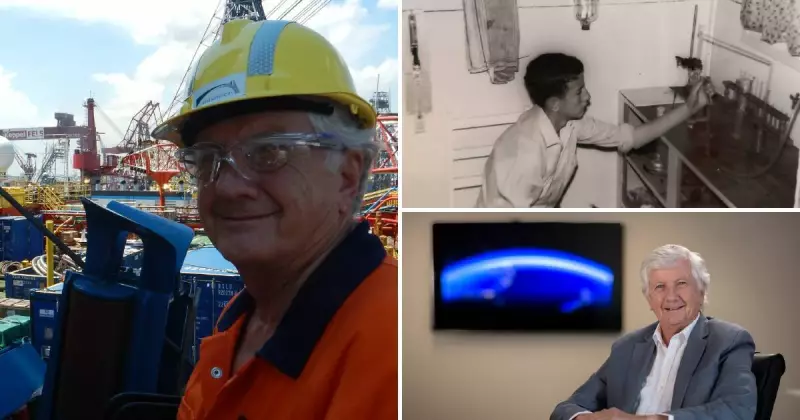
An Explosive Start to a Science Career
A teenage experiment with kerosene under his parents' house, which ended with a bottle exploding in his face, was the unlikely beginning of Larry Platt's nearly 60-year career in science and innovation. The owner and executive chairman of Emergent Group recently retired and sat down with the Newcastle Herald to reflect on his remarkable journey.
"I remember blowing on it and it blew up in my face," Platt laughed, recalling the incident that left him with singed features and missing eyebrows. "I burnt all my eyelashes and eyebrows... I used to also play around with filling balloons with explosives, hydrogen and acetylene and various things and I would set them off and get explosions. Yeah, I was very much into explosions when I was a teenager."
Fortunately, his family supported his scientific curiosity, even converting the family laundry into a home laboratory. A set of books purchased from a travelling salesman further fuelled his passion for experiments.
Building a Business Empire in the Hunter
Platt began his professional journey at just 16 years old as a trainee chemist with BHP, working at both Port Kembla and the Newcastle steelworks. "I was thrown into the midst of all this huge, huge machinery and lots of things, you know hot steel," he remembered. "I look back on it now and I'm rather amazed that such a young person had such responsibilities."
After 14 years, he moved to Eastern Nitrogen (now Orica), where he served as project engineer converting the plant from diesel and gas-oil feedstock to natural gas. "That was a big job for me, it was exciting," he said of the project that reduced reliance on expensive imported fuels.
His career path then led to Varley Engineering, where he conceived and established a consulting arm that eventually became Invartech. The business was later sold to Platt himself and underwent several transformations before rebranding as the Emergent Group.
Platt's business journey wasn't without its memorable moments, including a press event for minicars designed for an amusement park that went spectacularly wrong when the wheels began falling off during demonstrations. "The wheels genuinely fell off during the press call," he laughed. "It's taken us 25 years or something to live that down."
Vision for the Hunter's Future and New Leadership
Reflecting on his decision to retire after six decades, Platt stated, "I am getting on in years and it was pretty obvious that a new generation should be taking over."
When considering the future of the Hunter region, Platt expressed mixed feelings. While he finds the local start-up scene "pretty exciting," he also noted that "the start-up scene is very risky. Not many of those firms are going to continue successfully."
He voiced significant concern about Australia's energy policy and its impact on manufacturing and investment. "If you're going to have a manufacturing industry, a country that relies on manufacturing, you need energy," Platt emphasised. "You cannot manufacture, you cannot make any kind of change to raw materials without energy. You need reliable, dispatchable 24/7 energy."
He warned that investors looking at Australia would be "very much put off at the moment by the fact that we don't have any kind of coherent plan."
Meanwhile, the Committee for the Hunter has appointed two new directors who will help shape the region's future. Anita Brown, General Manager of Stakeholder and Communications at High Speed Rail Authority, and Aaron Johansen, CEO of the Newcastle Coal Infrastructure Group, will each serve three-year terms.
Committee for the Hunter CEO Alice Thompson said the appointments demonstrate that "the Hunter has grown up and ambitions can be lifted, taking our place on national and global agendas." She added that the board now has "both the responsibility and the opportunity to set the agenda for the Hunter's future."
In community news, Stockton Bowling Club has installed its first wheelchair-accessible ramp in its 70-year history. The $10,000 project was supported by a City of Newcastle infrastructure grant, with additional funding from Orica and club members. The initiative gained momentum after the club hosted an Invictus Australia event last year, where visiting veterans highlighted the need for better access.


